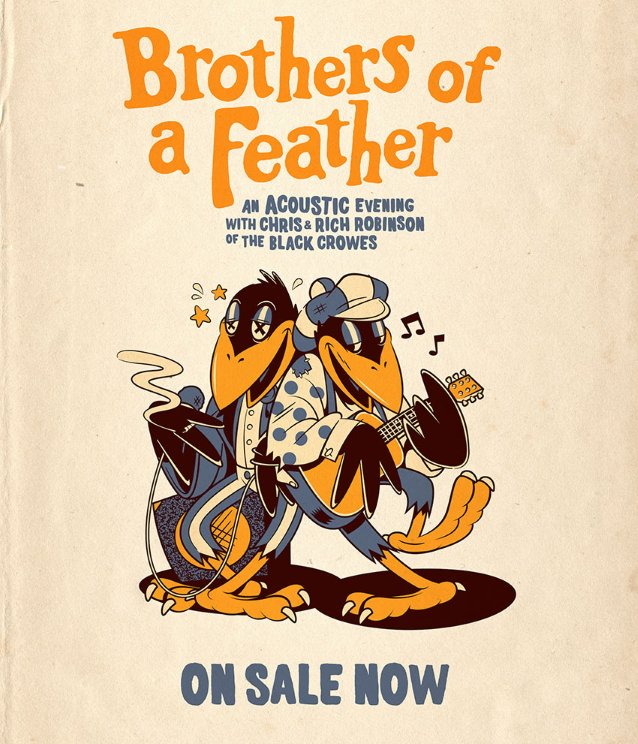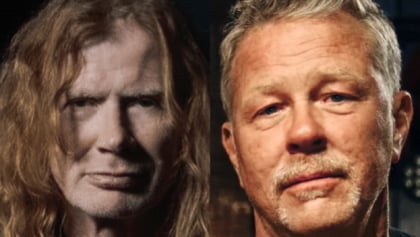
English Teacher and Picture Parlour have spoken to NME about why they’re ambassadors for Independent Venue Week 2024 – and how grassroots gig spaces act as a breeding ground for culture and subcultures.
Now in its 11th year, Independent Venue Week is on until Sunday (February 4) and sees 205 venues host hundreds of celebratory gigs featuring everyone from globally-recognised artists to up-and-coming talent.
The event comes at a period of great crisis for small gig spaces, after the Music Venue Trust recently shared their full report into the state of the sector – pointing out the threats venues face include soaring energy prices, landlords increasing rate amounts, supply costs, business rates, licensing issues, noise complaints and the continuing shockwaves of COVID-19. This follows 2023 as being described as “the worst year for venue closures”, with 125 venues abandoning live music completely and over half close permanently, including the legendary Moles in Bath.
However, IVW is an opportunity to celebrate independent venues and encourage both new and existing music fans to get out there and use them.
At last year’s International Last Music Conference, the director of Leeds’ Brudenell Social Club Nathan Clark said venues such as his weren’t only “pollinators of the live music industry”, but also “the research and development and catalyst for so many other creative industries and brands”.
Leeds’ own English Teacher – who have played and frequented the Brudenell countless times – agreed.
“The Brude is the prime example because it’s where we all studied and found our scene,” said frontwoman Lily Fontaine. “It’s the cultural centre for the music scene. It’s where you meet the kind of people who just show up because it’s where the good music is, and the people who make that happen.
“It’s where bands are started and where everyone wants to play, but also where people want to drink just because it’s where you should be. It’s the main reason I can’t move out of Leeds because I love it so much.”
Fontaine added that as a result, losing a music venue would mean “removing the opportunity to work in the creative industry” through not being exposed to it.
“When a place like Bath Moles closes, it’s all gone,” she said. “That just creates a homogenous music scene, because it’s all centred around the places that do have multiple venues and money to go around. It’s just boring in the end.”
Drummer Douglas Frost also feared that less venues would also “stop people from getting involved in music”.
“It’s usually a bi-product of going to gigs, meeting people and starting a band or wanted to learn an instrument,” he said. “It has a knock-on effect and it really matters that these opportunities exist.”
Bandmate and guitarist Lewis Whiting agreed: “The only music venue in Bedford is Bedford Esquires, so that’s the epicentre as the place for touring artists to come and visit this country. That’s the only place I’d go to when I was growing up to see bands. There are so many other examples of that where venues only have one venue, one hub and one centre of that scene.”

The recent MVT report showed that the average ticket price in a grassroots music venue in the UK in the last year was £11.42 – something that English Teacher said was “real bang for your buck, especially when you compare that to going to the cinema”. Fellow IVW ambassadors Picture Parlour agreed, highlighting that more appreciation is needed for the people who make these gigs possible.
“I remember being a kid and tickets to a big gig being £40 at a push, and it felt so expensive,” said singer Katherine Parlour. “Now I’ve got younger family members paying £150 to see Taylor Swift. For independent venues, the ticket price is so cheap – which is why it’s really weird to put people on guest list. That’s the last thing that should happen!
“If it’s an independent venue, put your hand in the pocket and bring out the coins. You’re not necessarily paying for the artist, you’re paying for the experience – and it takes a lot of people to put that on. The licensing for the bar, the people on the door, the sound man – for £10? A lot of people work to make it happen.”
- READ MORE: Benefits: “Independent venues are not ‘stepping stones’ – for many bands this is our Wembley”
Formed in Manchester in 2021, the band moved to London where they started playing spaces like The Windmill in Brixton – and were discovered there as a result of Independent Venue Week. As well as their own headline shows, they’ve only since enjoyed support slots with The Last Dinner Party, Black Honey and even Bruce Springsteen.
“We had played The Windmill a few times, and Tim [Perry, booker] just gave us a really decent slot at IVW that was super-unexpected and everything just snowballed from there. It’s such a sick spotlight to put a spotlight on artists who you’ve probably never heard of and independent artists. It’s so special to us as a a pinnacle in the journey we’ve had.”
Guitarist Ella Risi remembered: “That was the biggest show that we’d done at the time, so we were super-excited. It was a slot supporting Honeyglaze and Maruja. It was the night that everything started clicking for us. We got our manager that night, there were some A&Rs down there, it was pretty crazy.”
The band put their current success and rising star down to venues like The Windmill. “If we hadn’t had met Tim, we wouldn’t be here.” said Parlour. “He’s not the only booker like that, but he goes with what he likes. It’s not about what will pull punters or industry in; if he likes it and feels like it represents the venue, then he goes with it. At the time, we didn’t have a social media following – which a lot of venues say you need to play to bring in punters. That’s not how a lot of independent works, because it’s down out of love and authenticity.”
Guitarist Ella Risi said this came from independent venues providing “space for like-minded people to connect.”
“It gives me a sense of comfort – going around these venues in Manchester, Yorkshire and London now where we’re based; that’s where we learned everything we know about music, it’s where I discovered my favourite bands, and the first shows I ever played as a teenager were in independent venues,” she agreed.

“It’s where we go to hang out with our mates. The community it brings is so important. Up in Manchester, venues like Gullivers and Night & Day, the people who support the venues are such a beautiful thing to see. Without them, it’s an important piece of the area’s culture ripped away.”
Parlour also pointed to how grassroots venues provide inspiration and community in so many ways.
“Across any genre and discipline, the nucleus is always underneath the rubble,” she said. “That’s the organic spot for creativity. Something might get adopted and taken into this huge commercial thing, but that’s where it comes from. It goes way beyond music.
“Growing up in Liverpool – which is a fashionable city in my opinion – you would get rinsed if you wanted to wear something that came from a small pocket of non-mainstream culture. As a teenager, I would go to these independent places and dress in a way I wanted to dress like. You’d go to a music venue, meet like-minded people and grow in confidence.”

Risi said that this, in turn, has had an impact on the search for new talent.
“You can see that in the attendance of the people in these underground DIY venue shows,” she said. “We couldn’t believe when we were playing The Windmill that there were A&Rs there. We like, ‘They don’t come to places like this!’ But now they do. Since lockdown ended, there’s been a resurgence in the value that people hold in the live industry.
“There are bands blowing up because of Youtube videos made by people like Lou Smith – they have propelled artists’ careers and now A&Rs are going to places where they can find organic, new and interesting music from the grassroots.”
Despite this, Parlour ended by stating that these venues don’t necessarily need to be a “stepping stone” for acts to go on to much bigger and better things – and that they had a value of their own that needed protecting.
“There are so many bands who play venues like this every week,” she said. “Not every venue is there to make shit tonnes of money, and a lot of musicians are the same. Whatever your goals are: respect – but some musicians are just there because the vibes are great, it’s where their people are, and it’s where they feel empowered.”
English Teacher will play The Polar Bear in Hull tonight (Thursday February 1) and WhereElse in Margate tomorrow (Friday February 2), before Picture Parlour play The Windmill in Brixton as part of Independent Venue Week on Sunday February 4. Check out the full list of remaining IVW 2024 gigs and tickets here.
The post Independent venues are a breeding ground for culture and subcultures: “The nucleus is always underneath the rubble” appeared first on NME.







